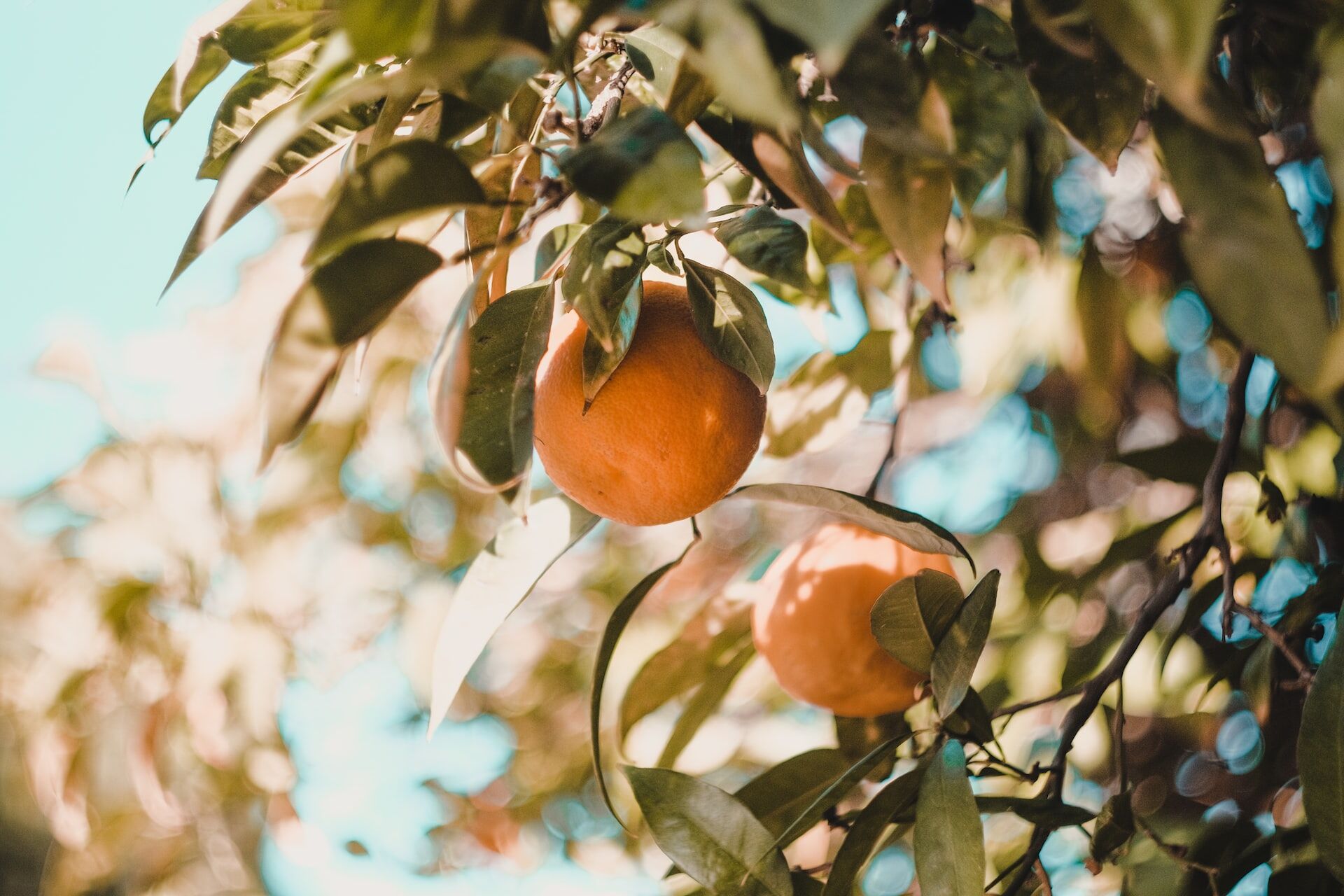There are many things that can go in your compost bin. It’s not just for leftovers and other organic waste that can’t be thrown away any other way. Even if something doesn’t seem like it would break down easily, if it was alive at one point and is made of plant materials, you can probably compost it.
Although, there are some things that will keep your compost from working well. If you want to get the most out of your compost, you should avoid putting certain things in it.
If you’ve found yourself wondering “are orange peels compostable?”, “how do I do it?” and “how long will they take to compost?”: you’ve come to the right place.
Can you put orange peels in the compost?
Yes, orange peels are compostable. Adding orange peels to your compost pile will contribute to creating a nutrient-rich fertiliser that you can use in your garden.
Other citrus fruit like lemons and limes are also compostable.
Can you put them in the waste bin?
If you don’t have a compost bin, you can put fruit peels in the appropriate roadside collection bin but biodegradable materials like orange peels are better off being in a compost pile.
Disposing of organic or compostable waste like fruit peels in landfill can contribute to the release of potent greenhouse gases like methane, which has around 80 times the warming power of carbon dioxide.
Methane emissions are significantly reduced by composting suitable food waste and organic materials.
How to compost orange peels
You should chop them up into smaller pieces to help it decompose quicker.
As a green material, you should be adding orange peels and other green nitrogen-rich materials then a layer of brown to cover it. Remember to use a garden fork or a stick to poke holes in your compost every couple of weeks to mix the pile up.
How long will orange peels take to compost?
It takes around 6 months for orange peels to completely decompose in a compost. Because they take a while to decompose, try not to add too many to your compost at the same time. Only particular bacteria will consume the d-limonene chemical found in the skin of citrus.
Orange peels discarded on the ground or buried in the ground will take longer to decompose.
Are orange peels a green or brown material?
Orange peels should be considered a green material when composting.
Materials that are green, like orange peels, are often more wet and softer recently-living organic material; and are a source of nitrogen (one of the four essential ingredients) for your compost. Green nitrogen-rich materials provide a lot of the vital nutrients that microbes need to speed up the process of decomposition. Ideally your compost mix should consist of about 1 part of green material for every 4 parts of brown material.
Composts rely on green materials like orange peels to add the neccessary proteins and other nourishment for the microbes to thrive to the pile.
Will composting them attract pests?
No. Orange peels will not attract pests. Citrus fruits actually act as a natural deterrent to keep pests away from your compost.
Composting considerations
When composting orange peels, you should avoid adding too much orange peel and other citrus fruit as they will overload the compost by changing the pH level.

